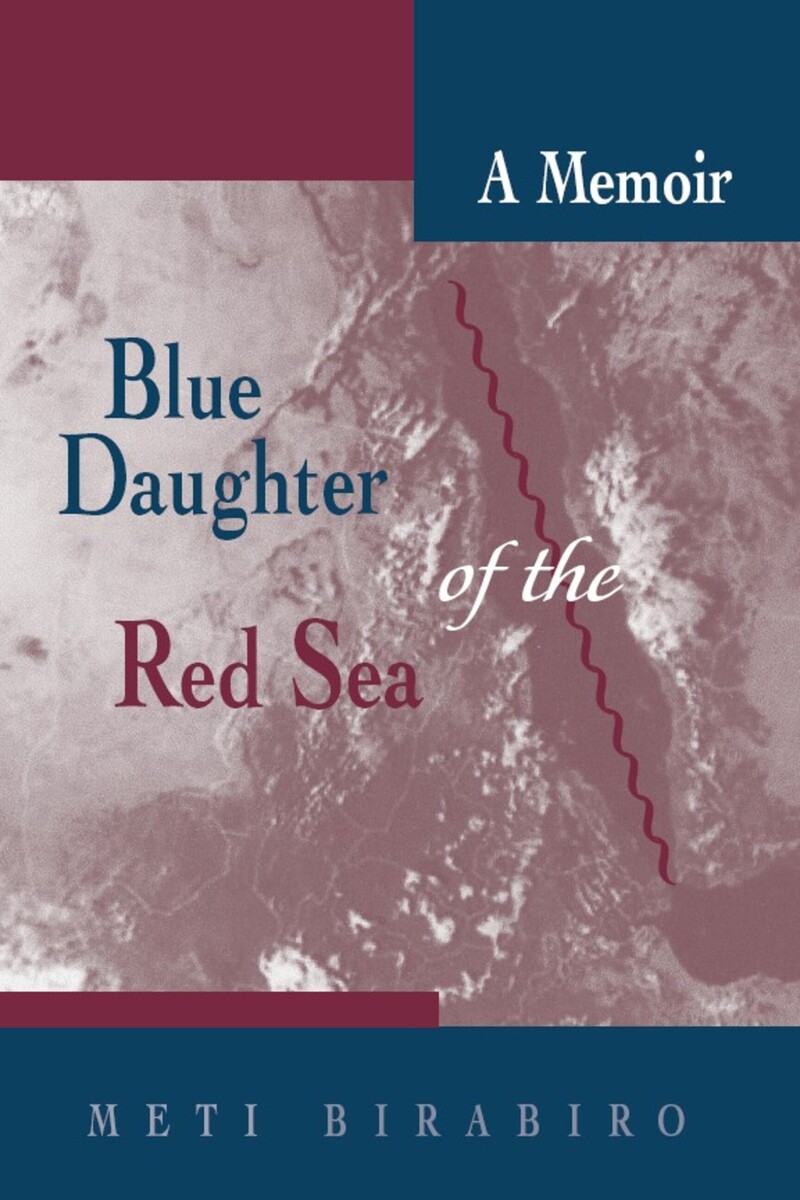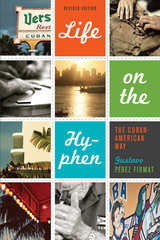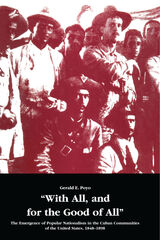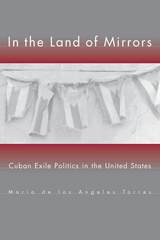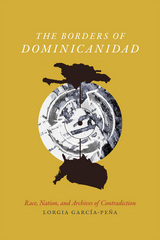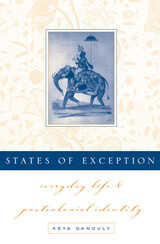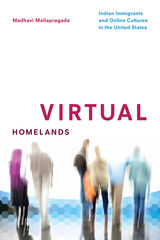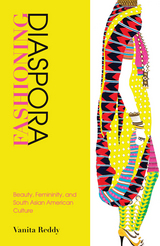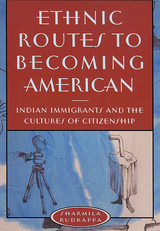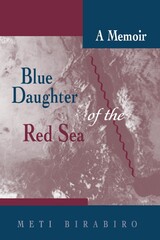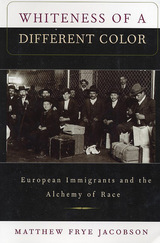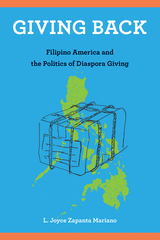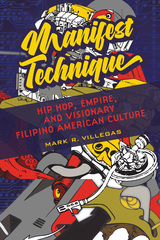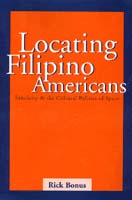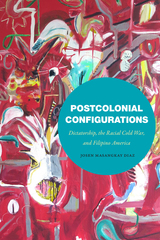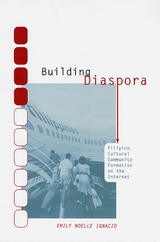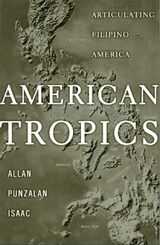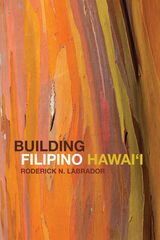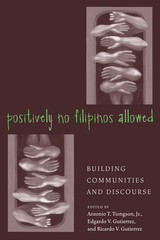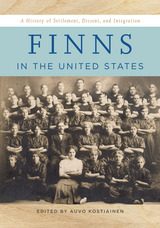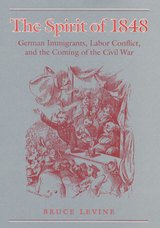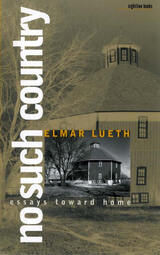ABOUT THIS BOOK Born into a life of constant financial, physical, and moral threat, Meti Birabiro takes refuge in literature and the fantastic. Blue Daughter of the Red Sea is Birabiro’s poetic account of the harsh reality of her young life spread across three continents. Her voice is a fresh mélange of child and adult perspectives, at once brutally honest and wise beyond her years. Through her journey from Ethiopia to Italy and finally to the United States, we encounter Birabiro’s relatives, friends, and enemies—relationships so intense that these people become her vampires, devils, angels, and saints. These characterizations always lead her back to the truth, helping her to decipher what is fair and good, to understand what she must cherish and what she must rage against.
REVIEWS
"This is a world of violence, turmoil, strife. . . . I was completely taken by the plight of [Birabiro’s] characters, the life she represents of this part of the world so few of us know anything about. The impact it made on me as a reader is a devastating one. It’s a reminder that people will rise against all odds to survive and prevail."—Marjorie Agosin, author of At the Threshold of Memories: New and Selected Poems
"When I began to read this memoir, I could not put it down. There is an intensity of experience, a poignancy in the voice of the child-narrator that tells her own harrowing story of poverty and marginality. But at the same time, there is a lyrical tone to her writing. She is able to capture beauty amidst the horrors. And also, she is able to continue becoming human in a dehumanized world."—Virgil Suarez, author of Guide to the Blue Tongue
EXCERPTPoverty is venom that slowly saps one's existence. It is a white noise that quakes the shape of survival. It corrodes the scenery and cuts one's world asunder. I was born and grew up in the heart of that corrosive acid. Dire Dawa, a small city warmly embraced by a fiery sun and caressed by some magicless dust, was the name of my hometown. Life was not charming in Dire Dawa. Children ran barefoot against a background of feces-embedded roads, spinning around the desert city, puffing on the sand so forming dunes of smaller versions, while the little ones piggybacked on their mother's back. They had the appearance of several shiny, brown ponies: untamed and wild creatures. Their feet moved like those of a ballerina without her tutu, dancing to the tune of an unheeded song: free. Their laughter rang like a violent rain of diamonds. And they shouted in a language as inarticulate as their age, and yelled in voices as overly used as the sole of the shoe that was guarded at home for special occasions. The boys wandered nearly naked, their genitals covered with raglike shorts like savages from the jungle. The girls wore simple dresses, their undeveloped chests not yet choked by stifling brassieres. Their dust-devoured feet matched the soiled hands, their nasal mucus, the nappy hair that the sandy and adventurous day had transformed into strands of gray hair, and the clothes, previously immersed in mud. There were cuts all over their legs and ulcers noted on their knees, forming rings of pus. Lice walked on their head and tapeworms lived in their stomach. —Excerpt from Blue Daughter of the Red Sea
REQUEST ACCESSIBLE FILE
If you are a student who cannot use this book in printed form, BiblioVault may be able to supply you
with an electronic file for alternative access.
Please have the accessibility coordinator at your school fill out this form.
It can take 2-3 weeks for requests to be filled.
